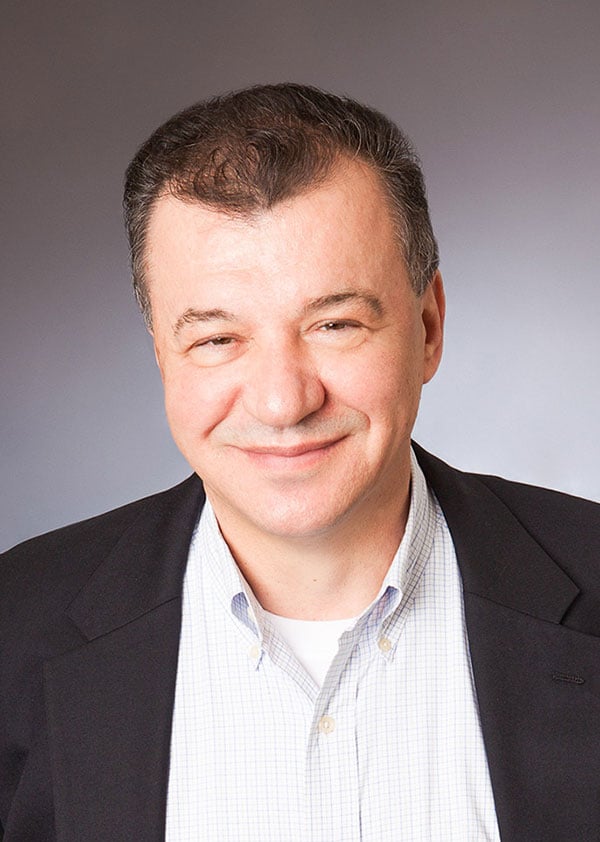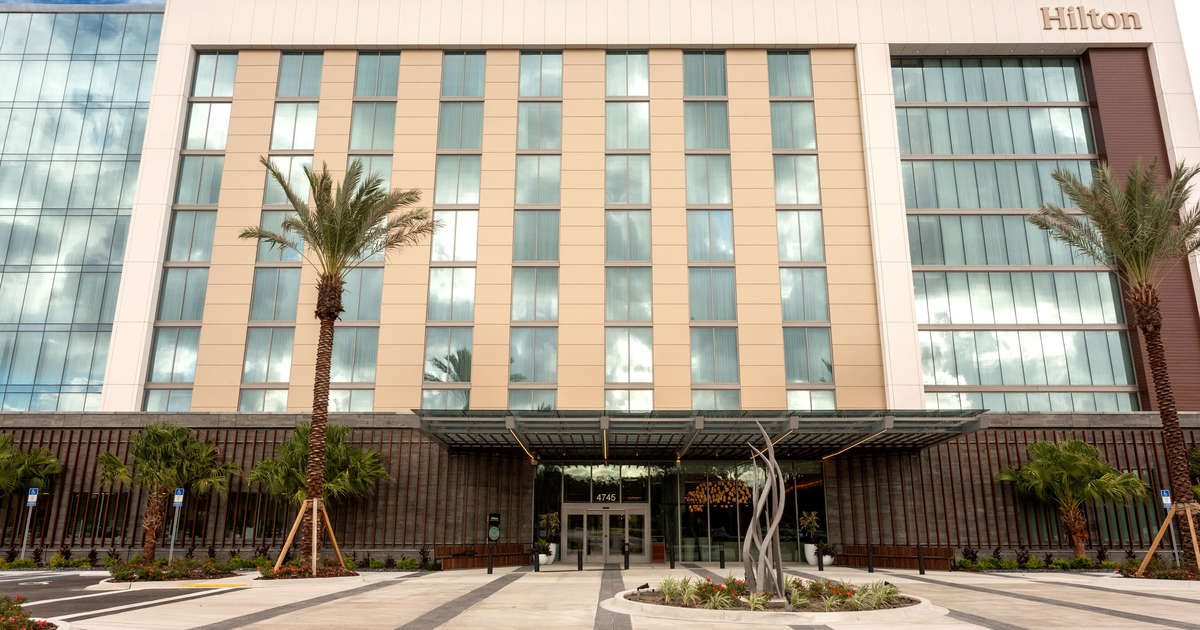
A recent post on LinkedIn declared the end of the search engines as we know them. the list even declared “R.I.P. Search.” This is in tune with an avalanche of recent headlines arguing that traditional search is dead due to the rise of AI Search via the generative AI platforms ChatGPT, Claude, Perplexity, etc.
Some experts herald the end of Google’s monopoly on search and claim that traditional search marketing is becoming obsolete.
Let’s not get carried away. The rumors about the inevitable end of the “traditional” search engines like Google at the hands of AI Search are highly exaggerated.
According to latest data by SEMrush, people interact with search engines 34 TIMES more often than with AI search. During the reported period of April 2024-March 2025, the global search engines received 1,863 billion visits (-0.5% YoY), while the global AI Search chatbots 55.2 billion +(81% YoY). In other words, AI Search was in the rise over the past year, but still received 34 times less visits than traditional search engines.
There is an additional wrinkle to the story: the data for traditional search engines does not include the queries on Google, Bing, etc. that were answered by AI, which blurs the boundaries between traditional search and AI.
For example, Google uses its Gemini AI to provide answers in its Answer Box in its SERPs. Today, nearly 60% of Google searches end up as zero-click queries i.e. people find enough information in the Gemini AI-powered Answer Box and do not need to click on any of the organic or sponsored links.
Bing uses a combination of ChatGPT and its proprietary Prometheus AI and Copilot AI in its Answer Box to boosts its conversational search capabilities, provide a more interactive user experience and up-to-date and context-rich answers, especially for current events and trends.
So, should hoteliers abandon their traditional search marketing initiatives? Definitely not! Search marketing on Google and all of its formats: Google Ads (GA), Google Hotel Ads (GHA), organic listings (SEO) consistently contributes to over 50% of hotel website bookings.
In the same time, hoteliers should not ignore the rising AI Search. The most immediate priority is to optimize the property for AIO (Artificial Intelligence Optimization), the AI version of SEO.
In the AI world, stuffing your website content with SEO keyword terms and aiming to rank for keywords no longer applies. In other words, your website is no longer the primary source of influence. The era of earning recognition has arrived. How do you achieve that?
Invest in content marketing with the goal to be cited in places of relevance. SEO company VertoDigital’s audits show that only 25% of AI answers are pulled from website content, in this case hotel website content. The rest comes from citations about the hotel in social media, online publications, YouTube, travel-related sites and blogs, customer reviews, etc.

